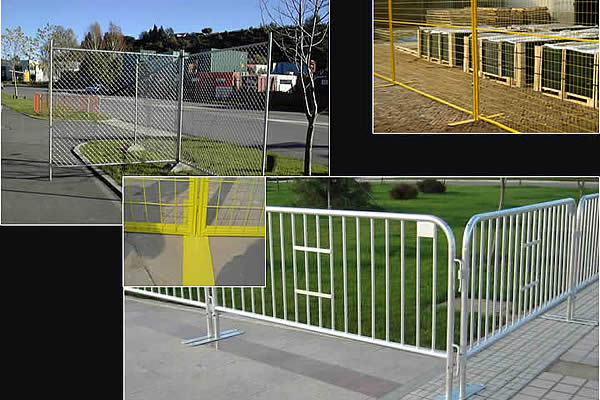 TEL:
+86-13102802206
TEL:
+86-13102802206
 Email:
fencenetting@china.com
Email:
fencenetting@china.com
 Language
Language
 TEL:
+86-13102802206
TEL:
+86-13102802206
 Email:
fencenetting@china.com
Email:
fencenetting@china.com
 Language
Language


The Versatile Benefits of Sheep Netting
Sheep netting, a crucial component in the management of livestock, particularly sheep, has become increasingly popular among farmers and landowners. This lightweight yet durable fencing option provides a multitude of benefits, making it an essential tool for anyone involved in shepherding or land management. In this article, we explore the versatility of sheep netting, its various applications, and the advantages it offers.
Sheep netting is specifically designed to contain sheep while providing adequate protection against predators. Composed of high-quality materials, it features enough flexibility to adapt to the terrain while maintaining structural integrity to withstand harsh weather conditions. Typically made from galvanized steel wire or plastic, the netting's design includes vertical and horizontal strands that create a grid to keep sheep securely contained. This configuration not only prevents sheep from escaping but also discourages predators from entering the designated grazing areas.
One of the primary advantages of sheep netting is its ease of installation. Unlike traditional fencing, which can be labor-intensive and time-consuming to erect, sheep netting can be set up quickly and efficiently. This feature is especially beneficial for farmers who frequently rotate their grazing areas to promote healthy pasture management. Additionally, the lightweight material allows for easy transport and adjustments; farmers can reconfigure their boundaries without the need for heavy machinery or extensive labor.
Another compelling reason to consider sheep netting is its cost-effectiveness. Compared to traditional fencing options, such as wooden or barbed-wire fences, sheep netting is often more affordable. The installation and maintenance costs of sheep netting can be considerably lower, making it a financially sensible choice for many landowners. With proper care, sheep netting can last for years, providing long-term value for those managing livestock.

Moreover, sheep netting is not solely limited to sheep management. Its versatility allows it to be used for a variety of applications. For instance, it can serve as a barrier for other livestock, such as goats and poultry, and can be modified for gardens to protect vegetables from grazing animals. Homeowners can also utilize sheep netting in landscaping projects, offering a functional and aesthetic solution for creating defined spaces around gardens, flower beds, or even swimming pools.
The environmental impact of sheep netting is another facet worth noting. Many manufacturers prioritize sustainability by using recycled materials in their netting products. Moreover, by facilitating effective rotational grazing, netting can contribute to healthier soil and biodiversity. This practice improves pasture quality and promotes soil conservation, enhancing the ecological balance of the farm or grazing area.
In addition to these practical advantages, sheep netting also offers a sense of security for farmers and landowners. It creates a defined boundary that protects livestock from external threats and ensures that animals remain where they belong. This peace of mind allows farmers to focus on other aspects of their agricultural practice without the constant worry of lost livestock.
Finally, it's essential to consider the well-being of the animals themselves. Sheep netting can promote animal welfare by reducing stress caused by confinement. Unlike traditional fencing, which may be more confining and intimidating, the open structure of sheep netting allows sheep to see their surroundings. This visibility fosters a calmer environment for the animals, leading to better health and productivity.
In conclusion, sheep netting serves as a valuable investment for farmers and landowners looking to enhance their livestock management practices. From its easy installation and cost-effectiveness to its versatility and environmental benefits, sheep netting is a multifaceted tool that addresses various needs in agriculture and land management. As more people recognize its benefits, sheep netting is poised to remain a popular choice for anyone involved in livestock care. The blend of practicality, sustainability, and animal welfare solidifies its place as an essential resource in modern farming.